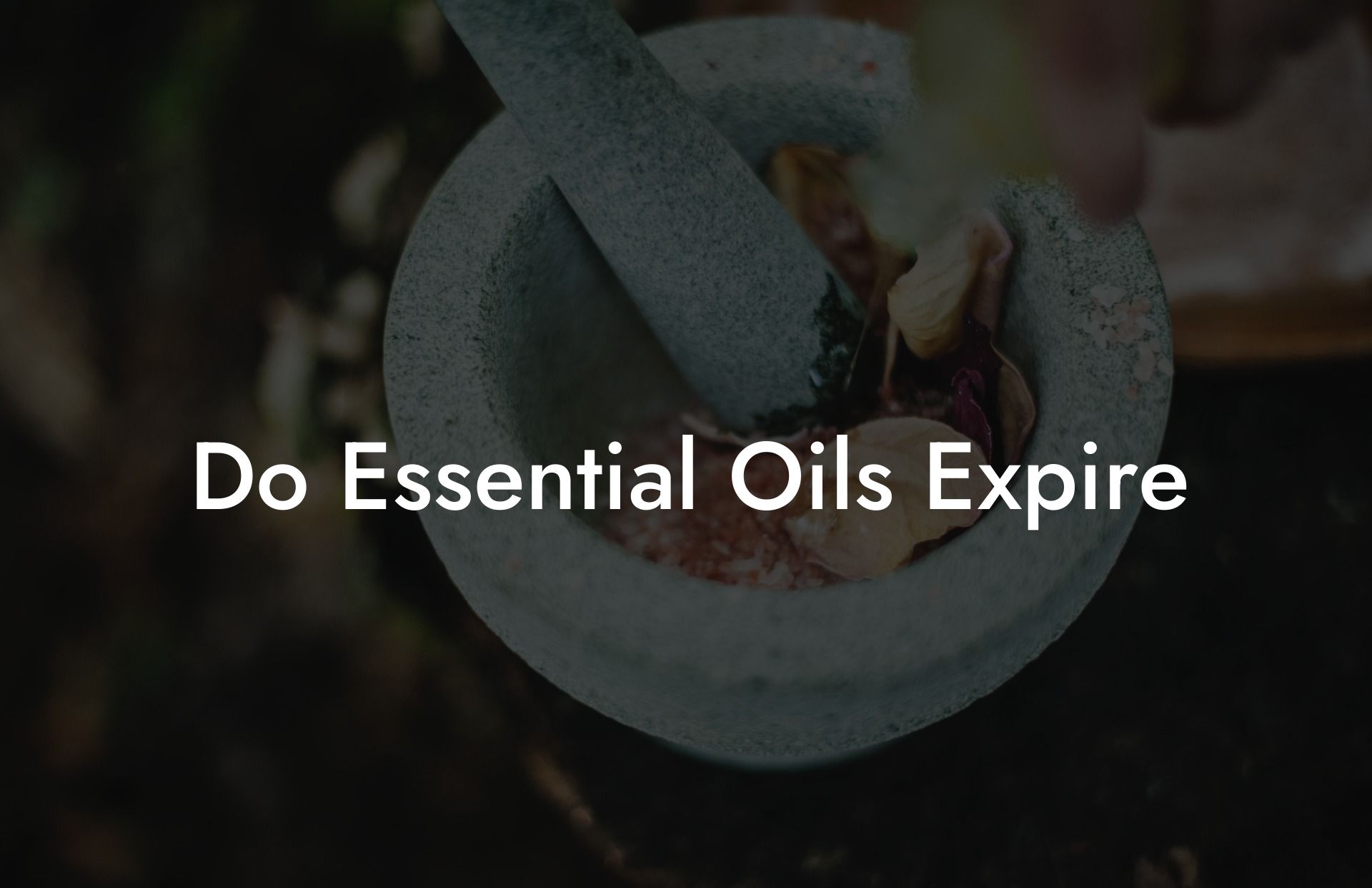Do you ever wonder if your essential oils have an expiration date? Just like any other natural product, essential oils can deteriorate over time, losing their potency and efficacy. In this article, we’ll address whether essential oils do indeed expire, how to determine their shelf life, and how proper storage techniques can extend the lifespan of your oils. So, let’s dive in and discover everything you need to know about the life expectancy of essential oils.
Table of Contents
Do Essential Oils Expire?
Yes, essential oils do, in fact, expire over time. As natural products containing organic compounds, essential oils can lose their potency and efficacy due to oxidation, temperature fluctuations, and exposure to light and air. Once an essential oil has deteriorated, it may not offer the desired therapeutic benefits, and in some cases, it could even pose risks if applied to the skin. Recognizing the signs of an expired oil and understanding its shelf life is crucial to making the most out of your essential oil collection.
Factors that Contribute to Essential Oil Expiration
Several factors can influence the expiration of essential oils, including:
- Oxidation: With exposure to air, essential oils may oxidize and lose their effectiveness. Over time, oxidation can also cause oils to thicken and develop a strong or off odor. Citrus oils are particularly susceptible to oxidation.
- Temperature: Extreme temperature fluctuations can alter the chemical composition of essential oils, reducing their potency and shelf life. It’s essential to store your oils in a cool, dark place away from direct sunlight and heat sources.
- Light exposure: Ultraviolet rays can break down the aromatic compounds in essential oils, diminishing their quality. Keep your essential oils stored in dark-colored bottles and avoid prolonged exposure to direct sunlight.
How to Determine the Shelf Life of Essential Oils
Essential oils typically vary in their shelf life, depending largely on their components and chemical composition. Here are some general guidelines to help you determine the shelf life of your essential oils:
- Citrus oils (e.g., lemon, grapefruit, lime, and bergamot) have a shelf life of 1-2 years.
- Floral and herbaceous oils (e.g., lavender, chamomile, and rosemary) have a shelf life of 3-4 years.
- Woodsy and resinous oils (e.g., cedarwood, sandalwood, and frankincense) have a shelf life of 4-8 years or more.
Keep in mind that these are general guidelines, and individual oils may have a slightly different shelf life. To be sure, always consult with the supplier or manufacturer of your essential oils for accurate expiration information.
Do Essential Oils Expire Example:
Imagine you found a bottle of lavender essential oil hidden away in your cupboard, unsure of how long it’s been there. To determine if the oil has expired, you should check for any changes in appearance, consistency, or odor.
First, give it a good sniff – if the oil smells rancid or off, it’s past its prime. Next, examine the consistency – has it become thick and sticky? If so, it’s no longer fit for use. Finally, look for any discoloration or residue at the bottom of the bottle, which could indicate poor quality or contamination.
If your essential oil shows any of these signs, it’s best not to use it and replace it with a fresh bottle instead.
Now that you’re equipped with the knowledge of essential oil expiration and shelf life, you can use and store your oils with confidence, ensuring they remain potent and effective for as long as possible. Remember to practice proper storage techniques, and always consult your essential oil supplier or manufacturer for accurate expiration information.
Feel free to share this article with fellow essential oil enthusiasts and explore other helpful guides on Oshu Oils to further your understanding of the remarkable world of aromacology. And don’t forget to check out the Oshu Oils range of expertly crafted essential oils to elevate your wellbeing and harmonize your everyday life.





















